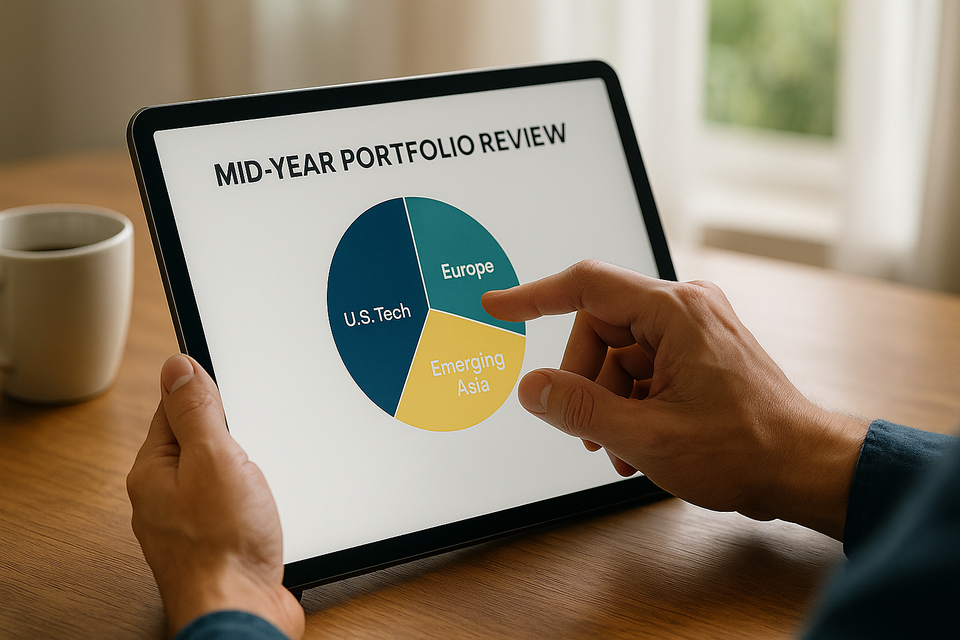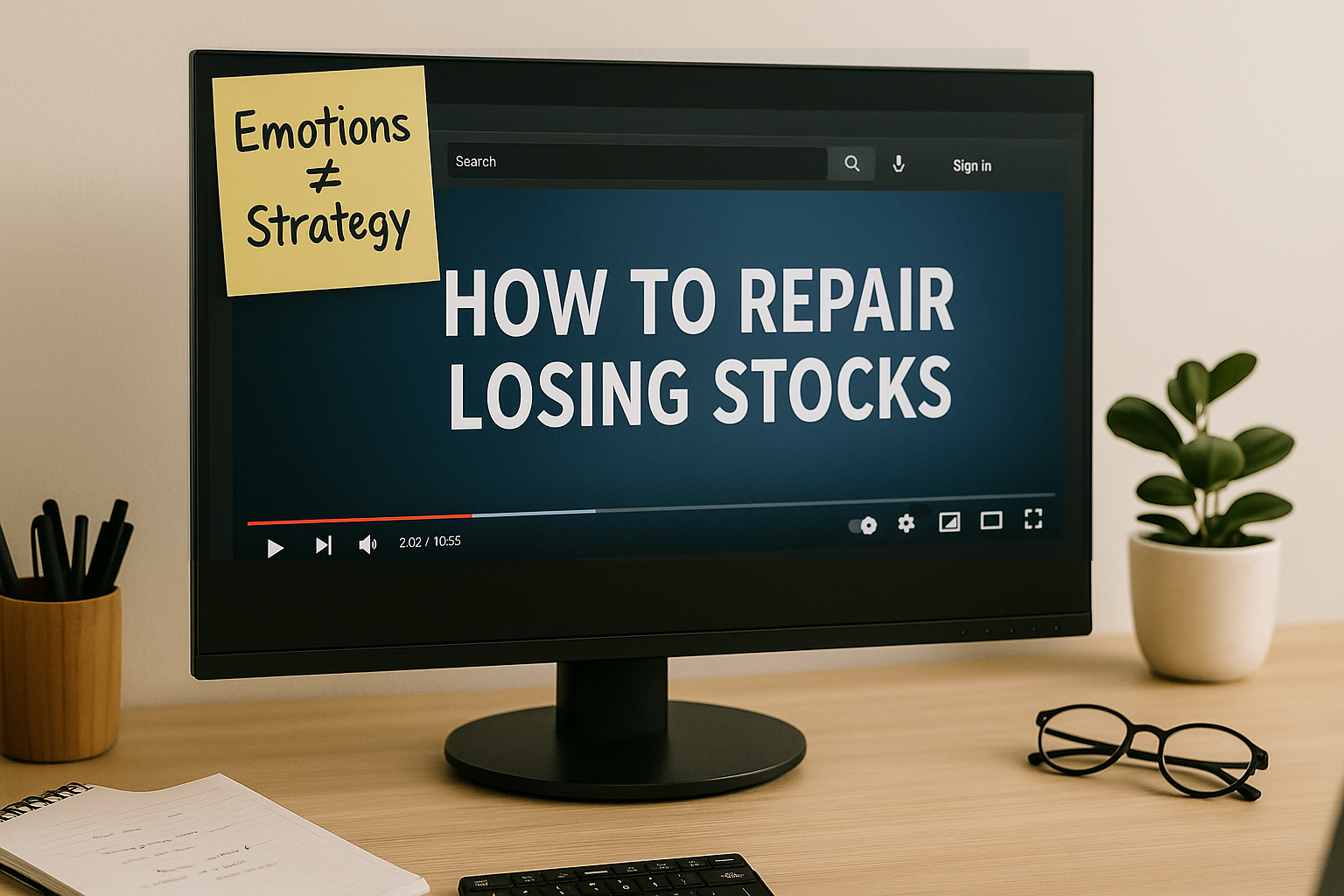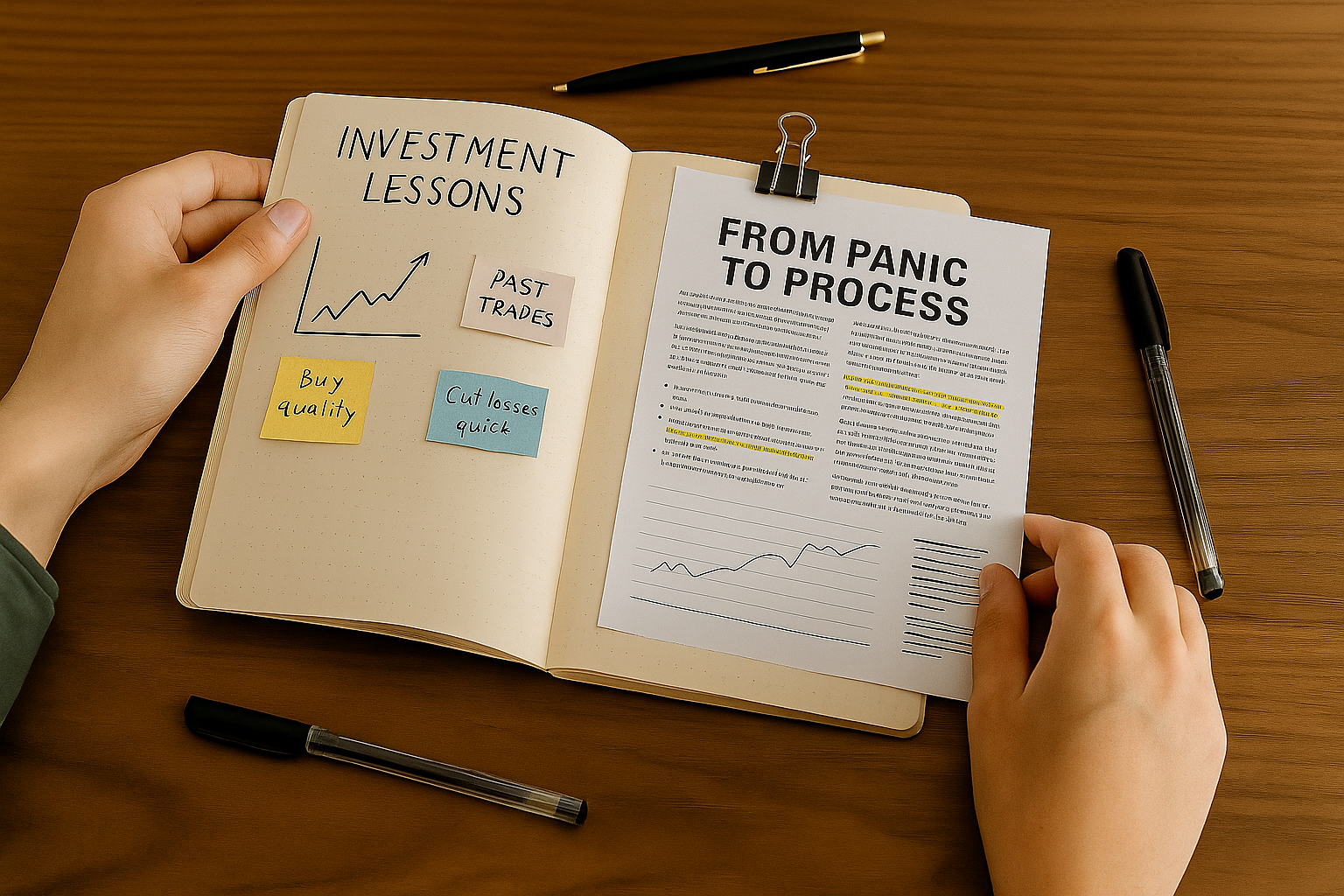Why Wall Street's ‘Uninvestable’ Call on China Is Fading

Goldman and Morgan Stanley are shifting tone. Here’s what investors should know.
The Market Wrote Off China. Now It’s Rewriting the Script.
Just six months ago, the loudest voices on Wall Street called China “uninvestable.”
Growth was slowing, tech was under pressure, and capital was fleeing.
Today, some of the same firms are changing their tune.
Goldman Sachs has upgraded China’s 2025 GDP forecast from 4% to 4.6%.
Morgan Stanley has raised its earnings outlook for major Chinese firms.
The Shanghai Composite recently climbed above 3,350, but still sits 5–10% below its early 2023 highs.
Momentum is returning—just as many investors stopped paying attention.
And with U.S. large-cap valuations still elevated, attention is shifting toward markets that offer more room for growth.
What’s Behind the Shift?
Beijing has rolled out new market-friendly reforms and support for strategically important sectors like AI and semiconductors.
Goldman now expects further fiscal and monetary easing as part of a long-term recovery plan.
Capital is rotating back into Chinese equities—particularly institutional flows targeting undervalued growth names.
And that gap between sentiment and structure is often where new opportunities emerge.
What It Reveals About Investor Psychology
We often chase clarity.
But clarity in investing usually comes after the opportunity.
Calling China “uninvestable” was easy when the data looked grim and the crowd agreed.
But great investors look where others aren’t.
They stay curious, even when the story is uncomfortable.
The question isn’t just “Is China investable now?”
It’s “Why did we need the headlines to tell us?”
How to Stay Grounded When Narratives Shift
Revisit your global exposure.
If your portfolio is U.S.-heavy, ask whether you’re diversified across cycles—not just sectors.
Separate signal from sentiment.
When sentiment is extremely bearish, it often marks the start of a shift. Don’t wait for permission to be curious.
Look for catalysts, not headlines.
Track policy changes, earnings revisions, and fund flows—not just market commentary.
Stay emotionally agile.
What feels “risky” might just be unfamiliar. Comfort rarely leads to outperformance.
Use valuation as your compass.
The U.S. market is priced for optimism. When fear compresses multiples elsewhere, opportunity follows.
A Question to Sit With
Are you reacting to the story—or positioning before the story changes?
Your Calm Advantage
Markets move in cycles.
Narratives don’t just reflect those cycles—they shape how we experience them.
The more emotionally invested we get in one story, the harder it becomes to spot the next one.
That’s why mid-year is the perfect time to pause, rebalance, and ask where the crowd might be wrong.
You don’t need to make a big bet on China.
But you do need to stay open to what others have written off too soon.
Let the headlines catch up later.
You're investing forward.
“Clarity in investing usually comes after the opportunity.”
Strategies Worth Watching
Spotlight: Repair Your Stock Mistakes—Without Starting Over

Ever bought into a stock that looked promising—only to watch it drop?
You’re not alone.
But what if you could recover without selling at a loss—especially when the company still has long-term potential?
That’s where stock repair strategies come in.
There’s a short, practical video that walks through one of the smartest ways to fix losing positions using options: Watch the stock repair video
Inside, you’ll learn how to use low-cost options techniques to reduce your average price and stay in the game.
What You’ll Learn:
- How the Stock Repair Strategy actually works
- Why it can be more effective than averaging down
- A clear step-by-step walkthrough of the setup
- Tips to protect capital while giving your stock a second chance
And if this kind of structured, resilient strategy speaks to you, you’ll find a lot more inside the Super Investor Club.
🔗 Start your free 2-week trial here
P.S. No pressure. Cancel anytime before the trial ends. But one good repair could make the whole thing worth it.
More Tools for Your Journey
Moving Forward Without Carrying Regret

Regret over past investments can weigh heavier than the losses themselves.
It makes you doubt your judgment—and hesitate when it matters most.
Curated newsletters help you shift focus from what went wrong to what you can do next.
They bring consistent, clear thinking to your decisions, without the rearview guilt.
Bit by bit, you replace overthinking with confidence.
If you’re ready to stop looking back and start moving forward, this list might help.